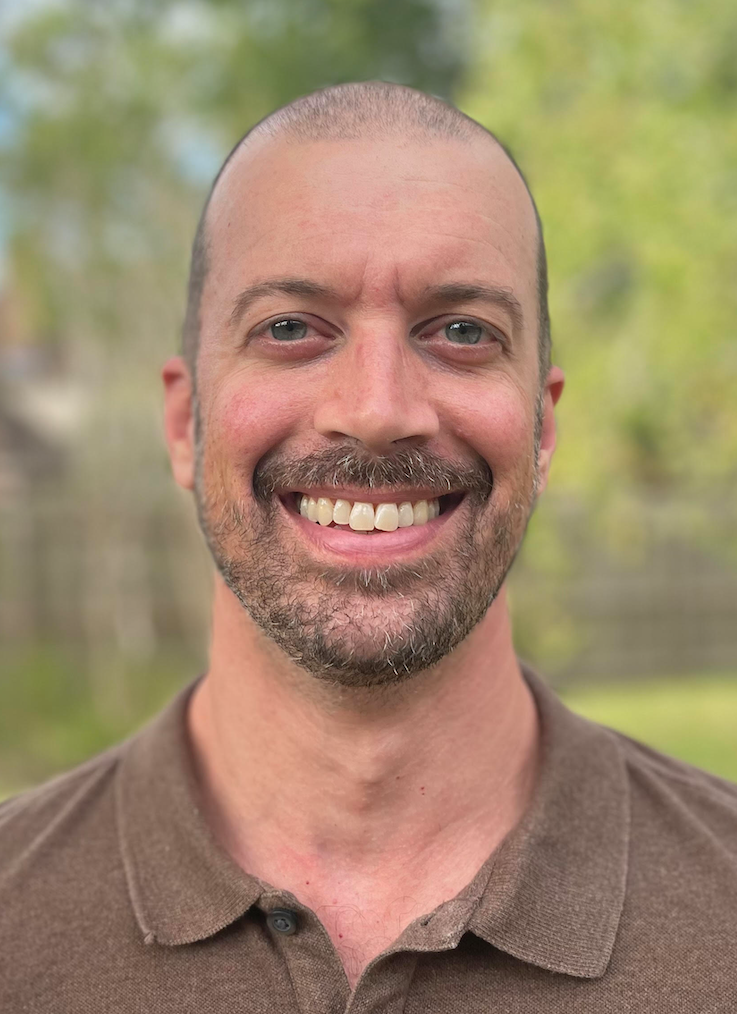Yes, Addiction Is a Disease – Backed By Scientific Evidence
For many years, there has been an ongoing debate on whether drug addiction is a disease or a personal choice. Some believe that addiction stems from lack of willpower, poor decision-making, and moral failure, while others point to growing scientific evidence that shows addiction is a medical condition affecting behavior and brain function.
Anyone that has worked in the field of addiction will have come across evidence realizing it is not correlated to bad decision making.
How many times have you seen someone who cannot stop using or drinking, but they have everything going for them? When they are sober, they mean it, but they end up drunk or high that night or the next day. Some face severe prison sentences, or a loss of their children, yet they end up using again and again.
Let’s discuss what, how, and why addiction happens below.
Defining Addiction
Addition is more than just heavy drug or alcohol use. According to the National Institute on Drug Abuse, it is a “chronic, relapsing disorder characterized by compulsive drug seeking and use despite adverse consequences.”
People suffering from this condition will often continue using drugs even when they want to stop. This is because the disease of addiction involves a compulsion that is more powerful than reasoning or self-control. For these individuals, using is not a simple choice.
The Disease Model of Addiction
According to the disease model, addiction is a brain disorder. Repetitive drug use causes a long-term change to the brain where it controls rewards, self-regulation, and stress. This change impairs rational thinking and increases the urge to use.
Brain scans show physical changes in the brain where decision-making and behavior control are made. This disease model has helped professionals, and society as a whole realize addiction is just like any other chronic illness that affects critical organs requiring professional medical care.
The Opposing View: The Moral Argument
Regardless, and despite scientific advances, many still believe addiction is due to a lack of willpower. This type of rational is primarily due to societal stigmas, ignorance, and misunderstanding.
Yes, it’s true that some people can use drugs or alcohol, and not become addicted. What they do not understand is the biological and psychological components related to addiction.
Unfortunately, this type of thinking is seen quite often in alcohol and drug rehabs, causing many to neglect seeking professional help.
Scientific Evidence: Addiction Is a Medical Condition
Addiction is a medication condition stemming from a mix of genetic and environmental factors. This means some people with a family history of addiction or specific genes are more vulnerable to addiction.
In other scenarios, factors like trauma, poverty, and mental illness can also increase the risk or trigger the addiction. In the end, addiction doesn’t discriminate, and it can affect anyone.
How To Treat Addiction
Because addiction affects both the brain and behavior, a treatment plan must address each person individually. Your goal should be to find evidence-based treatment options, which include:
- Detox: Medically supervised withdrawal from drugs or alcohol.
- Medication-Assisted Treatment (MAT): FDA-approved medications can safely manage cravings and withdrawal symptoms for alchol, and drug addictions while detoxifying.
- Inpatient and Outpatient Programs: You want a solution that offers counseling, education, and on-going support weeks or months after you begin.
- Group Support: Programs like 12-step meetings (AA/NA) and SMART Recovery offer peer support and accountability.
Each person’s treatment should be tailored to their individual needs for the best chance at long-term recovery.
The Numbers On Addiction
Scientific research and public health data support the understanding of addiction as a disease:
- According to the National Institute on Drug Abuse, about 40%–60% of people relapse after addiction treatment—similar to relapse rates for diabetes or hypertension.
- Over 20 million Americans suffer from some form of substance use disorder, but only 10% on average will ever receive treatment.
- Brain imaging studies have shown a measurable difference in brain activity and structure in people addicted to drugs and alcohol versus those that are not.
Conclusion
Understanding that addiction is a disease—not a moral failing—is key to ending stigma and encouraging recovery. When we replace blame with empathy, we open the door to support and evidence-based care. At Bay Area Recovery Center, we believe in helping individuals heal—and that healing begins with recognizing the true nature of addiction.
